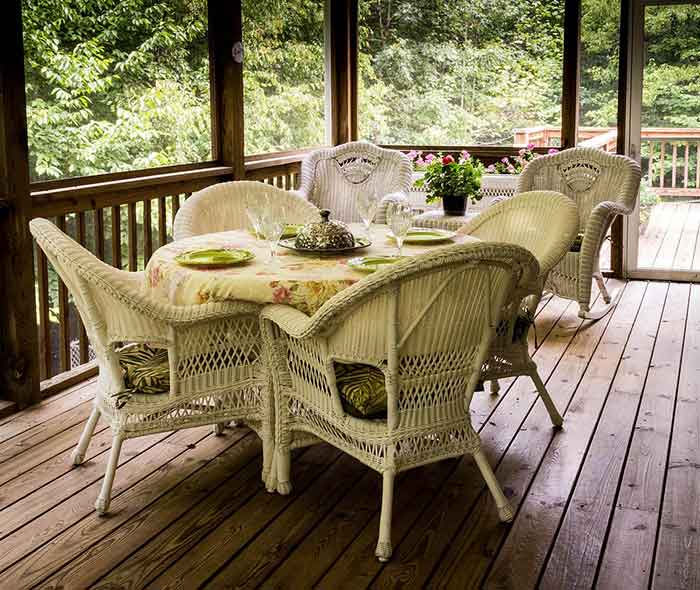Composite decking and wood decking both have their own advantages and disadvantages, and the choice between them depends on several factors, such as budget, desired appearance, maintenance requirements, and environmental impact. Here are some reasons why one might choose composite decking over wood decking:
- Low Maintenance: Composite decking is relatively low maintenance compared to wood decking, which requires regular staining or sealing to prevent fading, cracking, and warping. Composite decking is also resistant to rot, insects, and moisture damage, and can be cleaned with soap and water.
- Durability: Composite decking is more durable than wood decking, as it is made from a blend of wood fibers and recycled plastic. It is resistant to fading, staining, and scratching, and is also less likely to warp, split, or crack.
- Environmentally Friendly: Composite decking is made from recycled materials, such as plastic bags, sawdust, and used pallets, and is considered a more environmentally friendly option than wood decking. It can also be recycled at the end of its lifespan.
- Longevity: Composite decking has a longer lifespan than wood decking and can last up to 25 years with proper maintenance. It also comes with a manufacturer’s warranty, providing homeowners with additional peace of mind.
- Aesthetics: Composite decking comes in a wide range of colors and styles, and can be made to mimic the look of natural wood without the maintenance and durability issues that come with real wood.
While composite decking may have some advantages over wood decking, it is generally more expensive upfront. Homeowners should carefully consider their needs, budget, and aesthetic preferences before choosing between composite and wood decking.


Post a comment